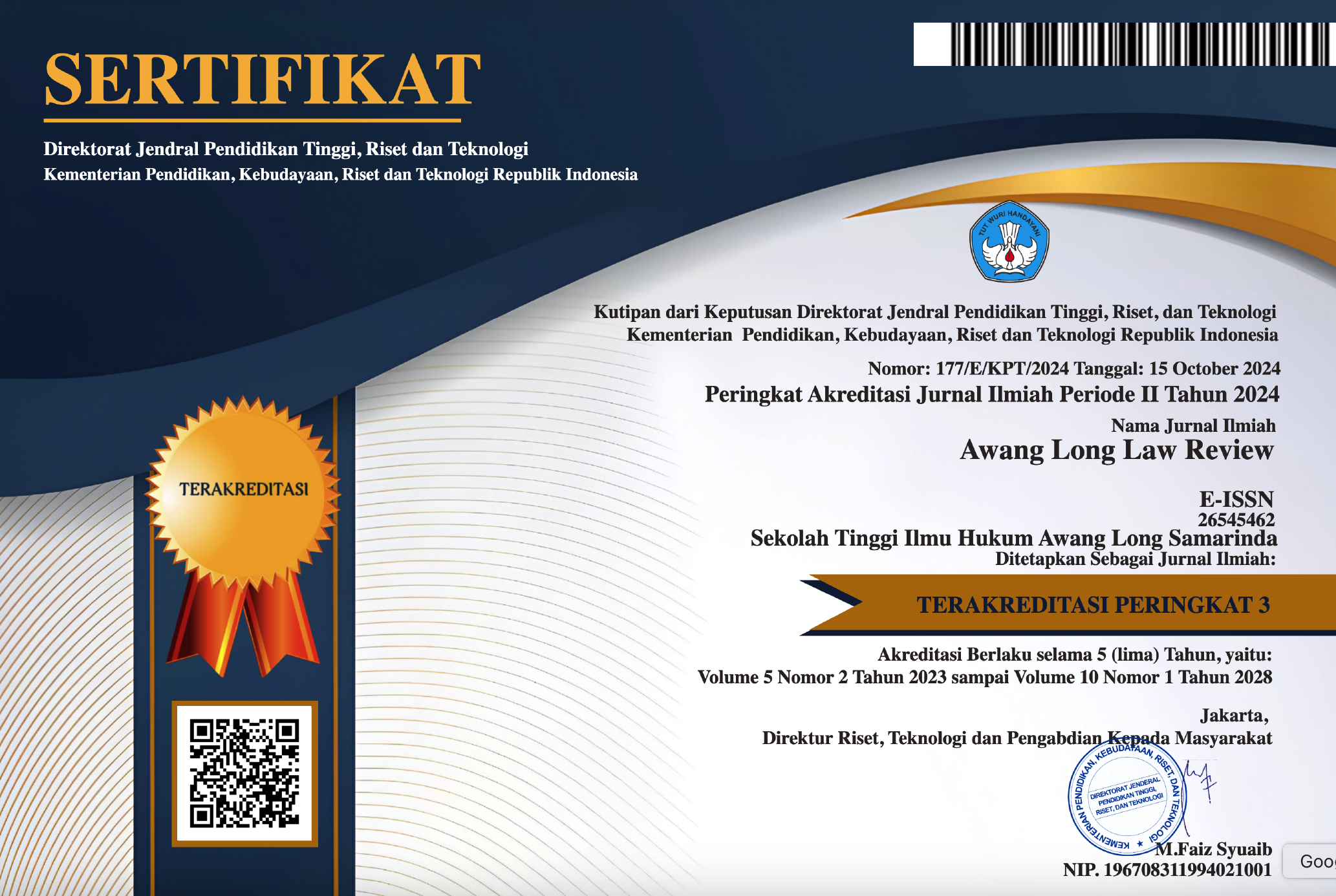Tempe Lake Management Policy in Wajo Regency
Abstract
This study aims to explain and analyze the process of implementing the revitalization of Lake Tempe in Wajo Regency. In addition, to find out what factors in the revitalization process that encourage the emergence of conflict in the handling of Lake Tempe. This study uses a qualitative method with a descriptive approach. The data used in this study are primary data obtained from interviews and secondary data collected through literature review and documentation. The data analysis method used is descriptive analysis of the results of interviews based on the theoretical framework used in this study. The theory used is the Policy Perspective, Conflict Theory, and the Concept of Revitalization. The results of the study show that the existence of a policy process is one form of handling that has been carried out by the Ministry of Public Works and Public Housing through the Wajo Regency government in the context of the implications of Lake Tempe by carrying out the revitalization of Lake Tempe. The government by way of the Tempe Lake revitalization program received different responses from the community which prompted the emergence of conflicts. The factors in the revitalization process that led to conflicts in the handling of Lake Tempe are: There are differences in perceptions of water levels, changes in patterns and utilization of Lake Tempe resources, There are fears of decreasing income.
Downloads
Copyright (c) 2021 Awang Long School of Law

This work is licensed under a Creative Commons Attribution-ShareAlike 4.0 International License.







